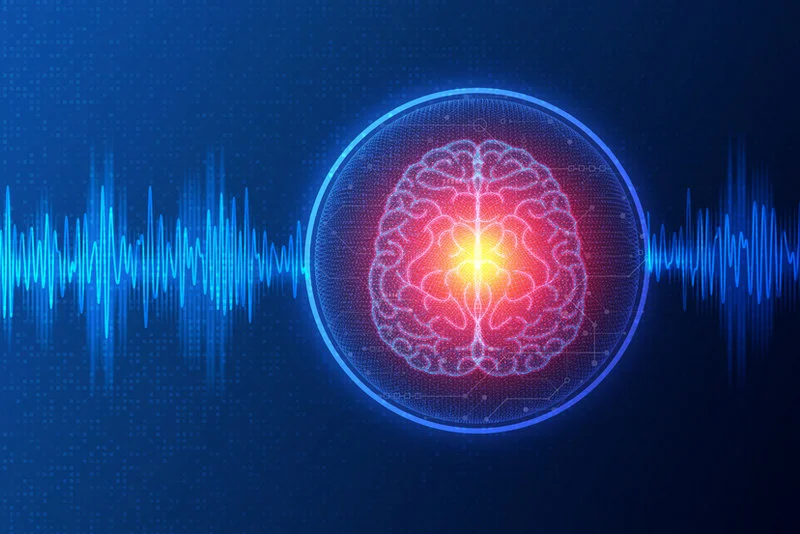Understanding Postpartum Depression and Its Effects
Postpartum depression (PPD) is a serious mood disorder beginning in the first year after childbirth, impacting around 15% of new mothers. Marked by prolonged sadness, hopelessness, exhaustion, and lack of interest in the new baby, PPD disrupts bonding during a critical period of infant development. Symptoms like appetite changes, anxiety, guilt, and thoughts of self-harm require prompt treatment.
If left untreated, PPD can last months or years, compromising maternal and child wellbeing. There is a risk of recurrence with subsequent pregnancies as well. While exact causes are unclear, PPD seems triggered by intense hormonal shifts combined with genetics, stress, and inflammatory factors. Fortunately, there are many therapy options to control symptoms.


Importance of Postpartum Depression Treatment
Seeking treatment is crucial for both mother and child, as PPD impacts attachment and security. With therapy, most find symptoms lifting by 6 months, allowing normal enjoyment of parenting. Combination approaches work best, including psychotherapy, support groups, medication, and emerging modalities like TMS to target underlying neurological factors influencing mood.
The priority is equipping those with PPD to nurture emotional bonds with their babies through this sensitive developmental phase. With professional help to process trauma, regulate emotions, rebuild self-worth, and medication to stabilize mood chemistry, mothers can gain control of symptoms. Safe, fast-acting therapies restore joy and connectivity during the postpartum period.
Innovative Treatment Options for PPD
Standard treatments like antidepressants, counseling, and peer support continue evolving to better help mothers manage PPD. Recent advances target inflammation and balance female sex hormones linked to mood instability following childbirth. Ketamine infusions rapid-acting effects benefit acute sufferers. Magnetic seizure therapy activates mood-regulating areas without side effects.
Most promising is TMS utilizing electromagnetic pulses to improve function in the limbic system governing emotions. TMS enhances communication between neural regions, releasing dopamine and stimulating cell growth to equip mothers cognitively and emotionally during postpartum demands.

Our Core Treatments
Depression & Anxiety
Our new dTMS device will go deeper and cover more area than traditional TMS, providing better results.
TMS for OCD
We now have the only device approved by the FDA and covered by insurance for OCD.
TMS for Addictions
Smoking cessation has recently been approved by the FDA for our Brainsway device. Talk to us about your addictions.
Hope with TMS for Postpartum Depression
Transcranial magnetic stimulation is an exciting new advancement with great efficacy in treating PPD, per multiple studies. Patients report dramatic mood improvements, reduced anger, less anxiety, and greater bonding with their babies after just a few weeks of TMS. Sessions are comfortable and convenient. Effects continue accumulating long after the 4-6 week treatment course concludes.
As a non-drug option directly targeting and strengthening mood-controlling neurocircuitry impacted with PPD, TMS provides safe, rapid relief without systemic side effects. If struggling to feel joy and engage your precious newborn, contact us today to learn more about TMS therapy.
Get In Touch With Us
info@lifequalitytms.com
(718) 400-0867
(718) 4000-TMS
26 Court St., Ste 808
Brooklyn, NY 11201